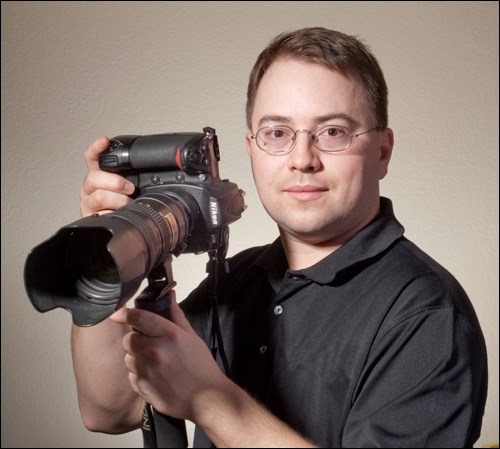There comes a point when the pendulum in law can swing too far. That is now the case with federal and provincial privacy and confidentiality laws. Soon we will be in a situation where the supposedly free press cannot say anything about anyone without risking getting in trouble with the law.
I just listened to Andrea Brittin, assistant deputy minister, Child and Family Services, Ministry of Social Services, go through great pains to say precisely nothing while interviewed by John Gormley with regards to the Lee Bonneau case.
This is what the RCMP said on Sept. 3, and I expect that is all that will ever be said: "Broadview RCMP and RCMP Major Crime Unit - South have determined that a male, under the age of 12, from the Kahkewistahaw First Nation, is responsible for the death of Lee Bonneau. Based on the evidence found during the investigation, if the person responsible for Lee's death was over the age of 12, we would have already arrested someone, an information would have been sworn, charges laid and a court date set.
"Investigators came to this determination after conducting a thorough investigation which included an autopsy, examination of evidence gathered during the investigation and the autopsy and interviews with individuals who came into contact with Lee during his final hours.
"Because the person investigators believe is responsible for this homicide is under the age of 12, the child cannot be charged under the Youth Criminal Justice Act. The Child and Family Services Act has provisions that provide authority around situations like this. The Ministry of Social Services is responsible for the Child and Family Services Act."
Over the past several decades, there has been what I would term a "privacy creep" when it comes to names. The biggest change was the Young Offenders Act of 1984, which threatened punishment for anyone who identifies a youth accused or convicted of a crime. This was carried on with the follow-on Youth Criminal Justice Act.
In certain cases, the names of victims, even murdered ones, get wiped from the public discourse if naming them identifies the perpetrator. Suppose little Johnny kills his mother; if you identify his mother, you are identifying him and that's not allowed. She is buried nameless in the press.
Wasn't her life worth something?
Then we saw provincial privacy legislation a few years ago that went over the top. Don't dare take out a camera in a hospital, because you could be spanked. If a drunk driver gets in a wreck and ends up in hospital, don't bother calling to see if they are in critical condition. It's none of your business. And if a carload of teenagers ends up in hospital because of that drunk, you won't be told anything, either.
Social Services, as noted above, says nothing can be said about the child who allegedly killed Bonneau, not even the age. So if your child goes to school with this alleged killer, I hope you feel happy with the situation. Maybe they can be playmates.
Now we are seeing names being hushed up on a routine basis in RCMP press releases. For instance, here are some excerpts from recent fatal collisions: "The name of the motorcycle rider is not being released at this time pending further investigation."
"The two elderly persons and the lone male occupant of the semi were transported to the Lloydminster Hospital, where the elderly female passenger of the Dodge trruck succumbed to her injuries. As this accident is still under investigation, the RCMP will not be releasing names or any further details until the investigation is complete."
I understand that next of kin should be told of a loved one's death before they hear it on the radio. But after such notification, names often disappear. From what I see today, I would say less than half the time names are provided to the public. If the family doesn't want to let it be known, it is kept under wraps.
The fundamental issue I have with this is not so much that privacy is bad, it's that people are dying in all sorts of manners and either the victims or those responsible (sometimes the same person, in the case of drunk driving) are hushed up. If people can disappear in such a manner, how can society scrutinize what is normal, and what needs to be looked at?
What happens if, God forbid, we have some sort of societal shift and the powers that be decide people need to "disappear?" You can laugh all you want at my paranoia, but ask anyone from Chile or Argentina what the term "disappeared" means. It happens.
Naming people accused and convicted of crimes, as well as in wrongful or suspicious deaths, is a case where accountability should trump privacy.
- Brian Zinchuk is editor of Pipeline News. He can be reached at [email protected].




